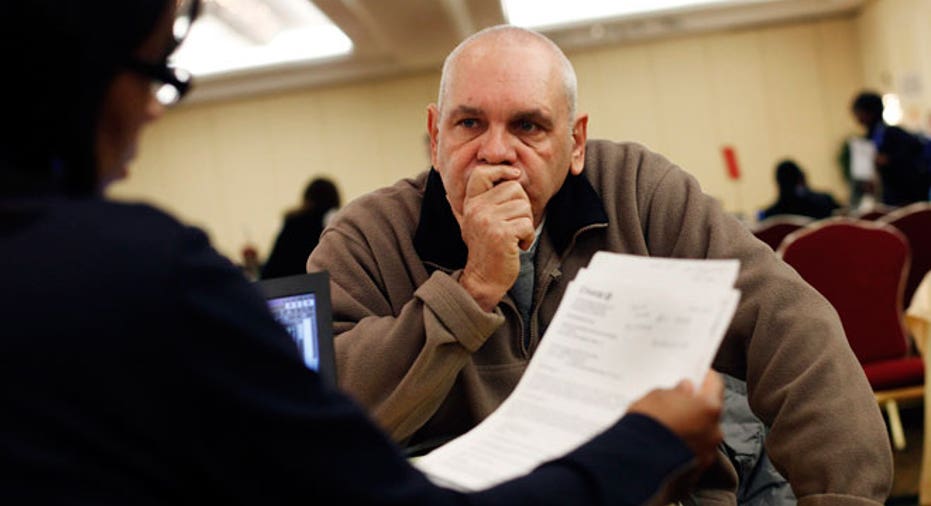Reverse Mortgages: 10 Things You Need to Know

Sometimes people reach retirement and discover that, for whatever reason, they just don’t have enough money put away.
If you find yourself in a similar situation – and you’re a homeowner age 62 or older – a reverse mortgage may help you take advantage of the resources you already have in place. You may ask yourself, “What is a reverse mortgage?.” Reverse mortgages are FHA-insured loans that can help you maximize the equity in your home so you can live a more comfortable retirement.
Here are 10 things you need to know about reverse mortgages.
1. Reverse mortgages are approved by the FHA
Also known as Home Equity Conversion Mortgages (HECM), reverse mortgages are insured by the Federal Housing Administration (FHA). They are not a wildly inventive financial instrument, but rather a loan product designed specifically for older adults. Reverse mortgages are a federally-approved mortgage product, and as such have regulatory requirements and oversight to insure borrower safety and protection. Learn more.
2. A reverse mortgage eliminates your current mortgage and mortgage payment
If you currently have a mortgage on your home, a reverse mortgage can be used to pay off the remaining balance. A reverse mortgage has no monthly mortgage payment because the loan (both principal and interest) is paid in full once the home is sold. The amount you owe grows over time as the interest accrues based on the outstanding balance. There is no requirement to pay on the loan until you vacate the property. You can analyze your current scenario by using a reverse mortgage calculator.
3. You can use a reverse mortgage to purchase your primary residence
If you’re able to pay the difference between the reverse mortgage proceeds and the sales price of your new home, you can use a reverse mortgage to purchase a primary residence. This allows you to downsize your current home, move closer to your family or find a home that meets your physical needs. You won’t have a monthly mortgage payment as long as you remain in the home.
4. You retain title of your home
Not the bank, not the lender, no one but you. The house is yours and remains yours as long as it remains your principal residence for at least six months a year, and you continue to pay your real estate taxes, homeowner’s insurance and maintain upkeep on the property.
5. The loan isn’t due until you stop living in the home
A reverse mortgage isn’t due until the last surviving borrower passes away, sells the home, or fails to live in it for 12 consecutive months. (This assumes taxes and insurance are current, and the property is properly maintained.) A reverse mortgage loan must be paid off once the home is sold. Any excess balance from the sale of the house is yours (or your heirs) to keep.
6. You choose how the money is distributed
As a lump sum, as monthly payments, or as an ongoing line of credit, the choice is yours. Some folks can use the extra monthly income; some just prefer a line of credit to have accessible for emergencies. A reverse mortgage can be paid out in whatever way best suits your needs. Additionally, there are no restrictions on how you use your reverse loan proceeds: it’s your money, you can use it however you see fit. An online reverse mortgage calculator allows you to compare different scenarios.
7. The money you receive from a reverse mortgage is normally tax-free
Reverse mortgage loan proceeds are generally not considered taxable income and will not affect Social Security or Medicare benefits. However, your monthly reverse mortgage advances may affect your eligibility for some other programs. Consult either your tax professional to determine how, or if, monthly reverse mortgage payments might affect your eligibility for benefits to which you are entitled.
8. There are no mandatory repayments
A reverse mortgage doesn’t have to be repaid until you vacate the home; should you choose to repay early, there are no pre-payment penalties.
9. And what if your home appreciates in value?
Again, when you sell the house and the reverse mortgage is paid off, any excess balance is yours or your heirs to keep. A home that appreciates in value just gives you more money in the end.
10. But what if the value of your home depreciates?
As long as you continue to occupy the home as your primary residence, pay the appropriate taxes and insurance, and maintain upkeep, there shouldn’t be a concern. Should the home, when you decide to sell or leave it, be worth less than the outstanding loan amount, its sale fulfills the debt in whole; FHA mortgage insurance satisfies any difference.
So how do you qualify?
There are some basic requirements to obtaining a reverse mortgage.
- All individuals on the title must be at least 62 years old.
- The property must be your primary residence; you must live in the property at least six months or more every year.
- You must own your home free and clear, OR your current mortgage must be paid off with the proceeds from your reverse mortgage.
- Educational counseling with a HUD-approved counselor is required.
- You cannot be delinquent on any federally-insured debt.
- You are still responsible for property real estate taxes and homeowner’s insurance.
Related:
- 10 Mortgage Misconceptions
- Think You Know Mortgages? Take the Mortgage IQ Quiz
- HARP Program Has Been Extended
Note: The views and opinions expressed in this article are those of the author and do not necessarily reflect the opinion or position of Zillow.



















